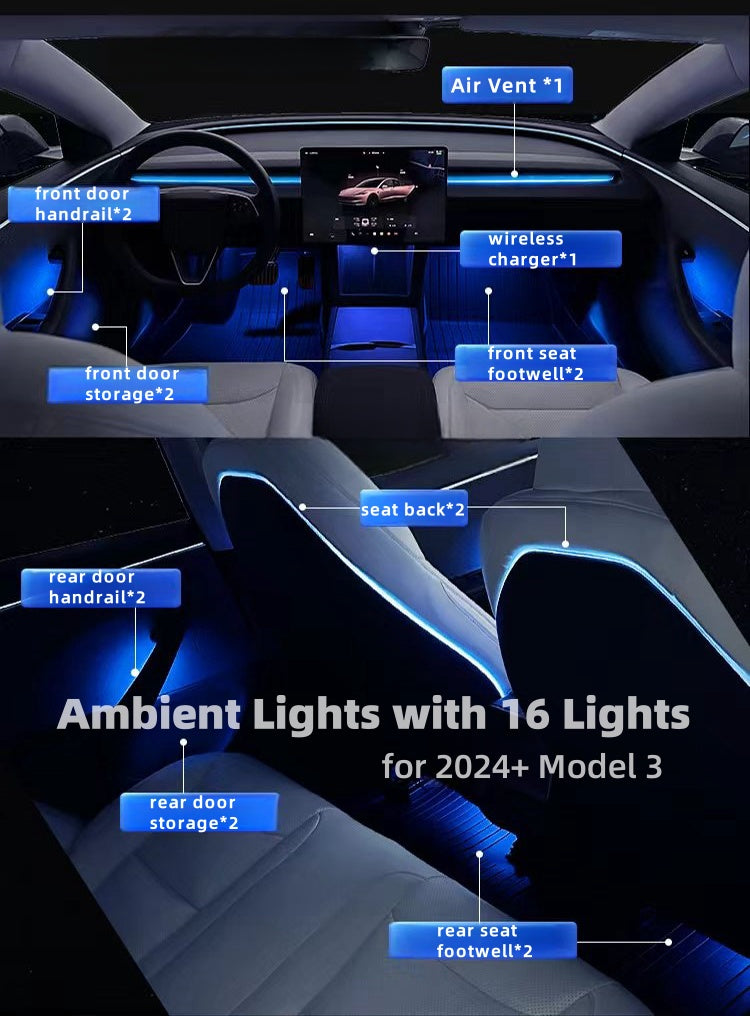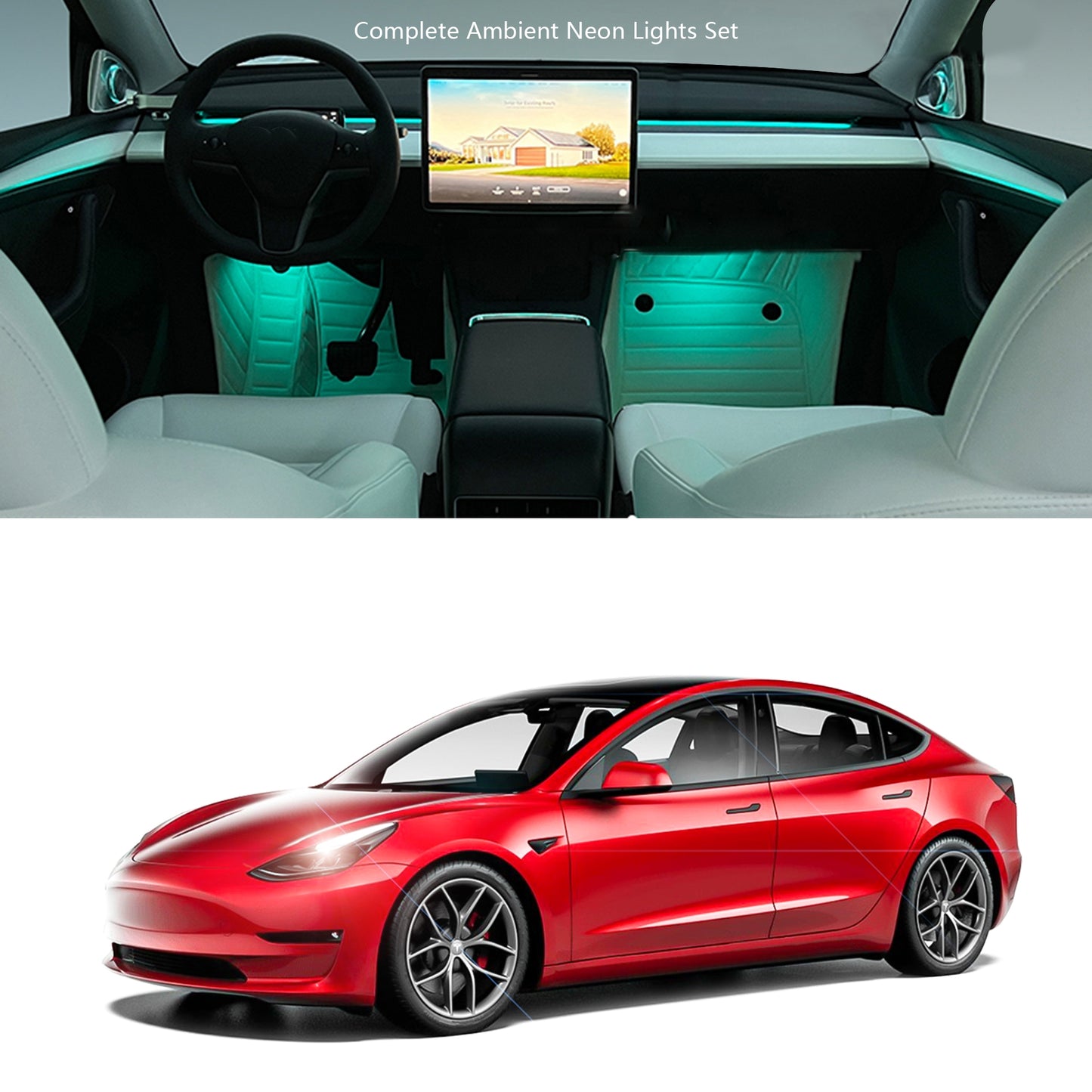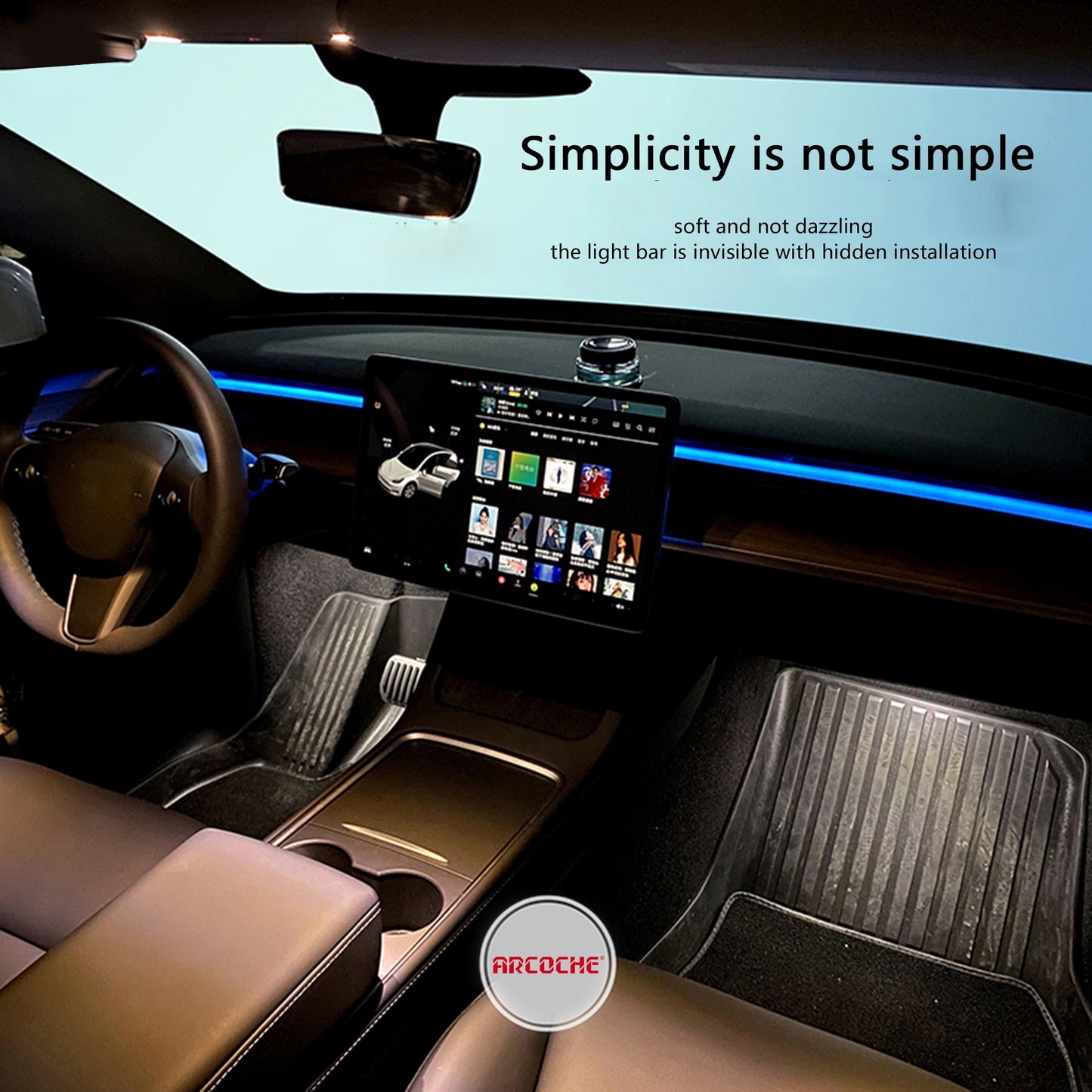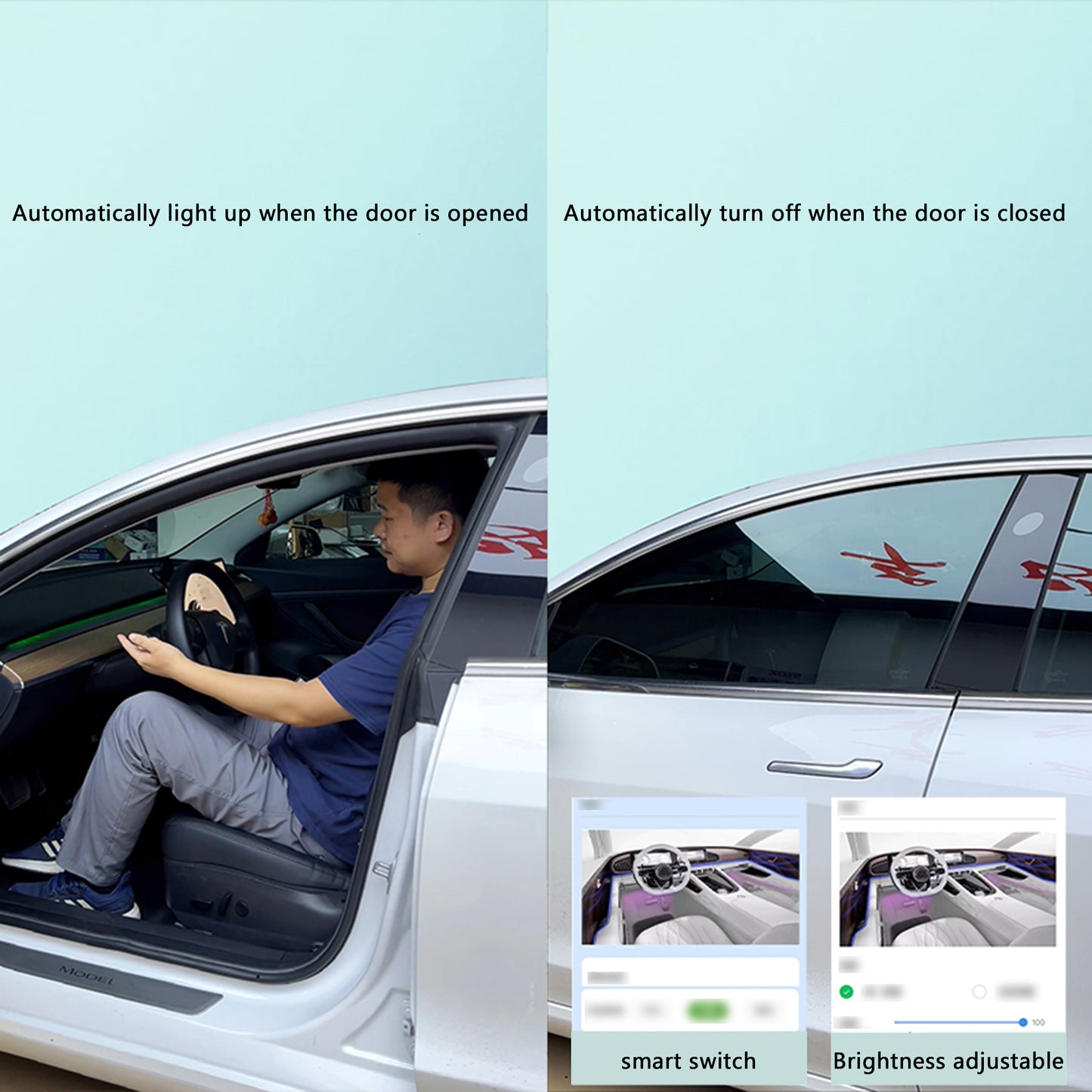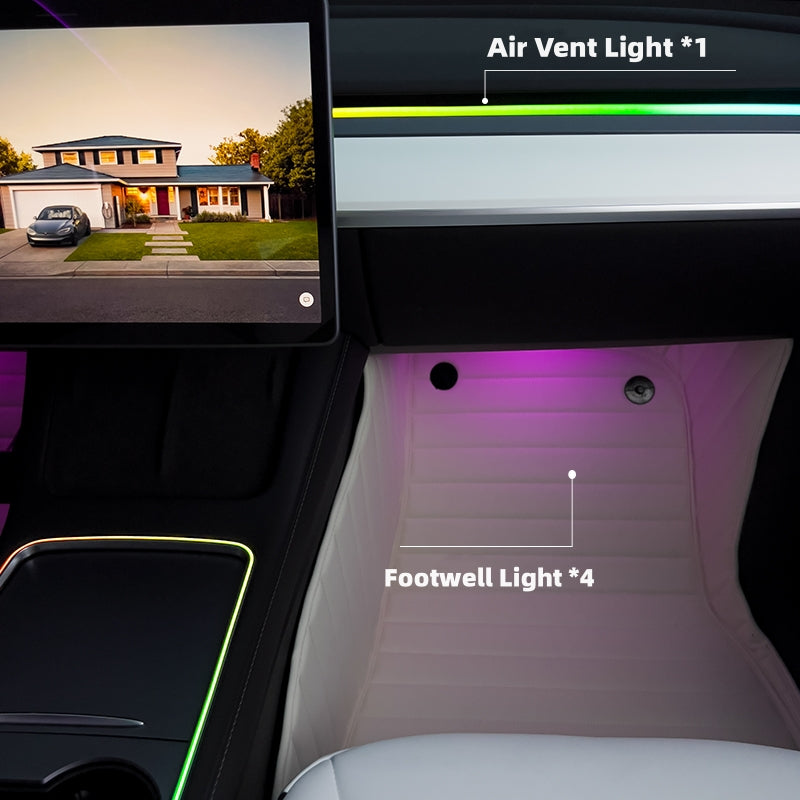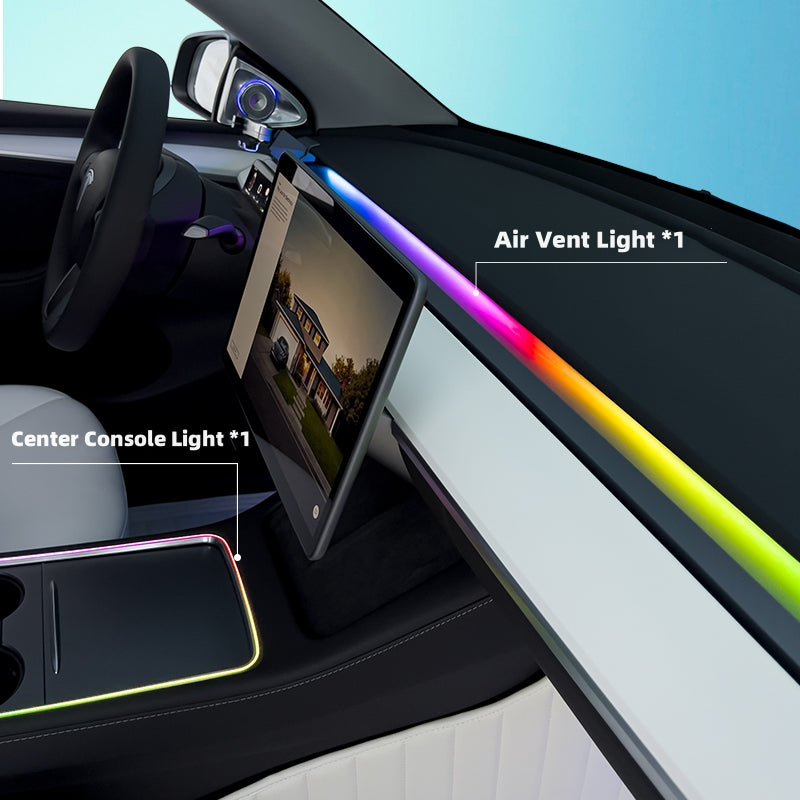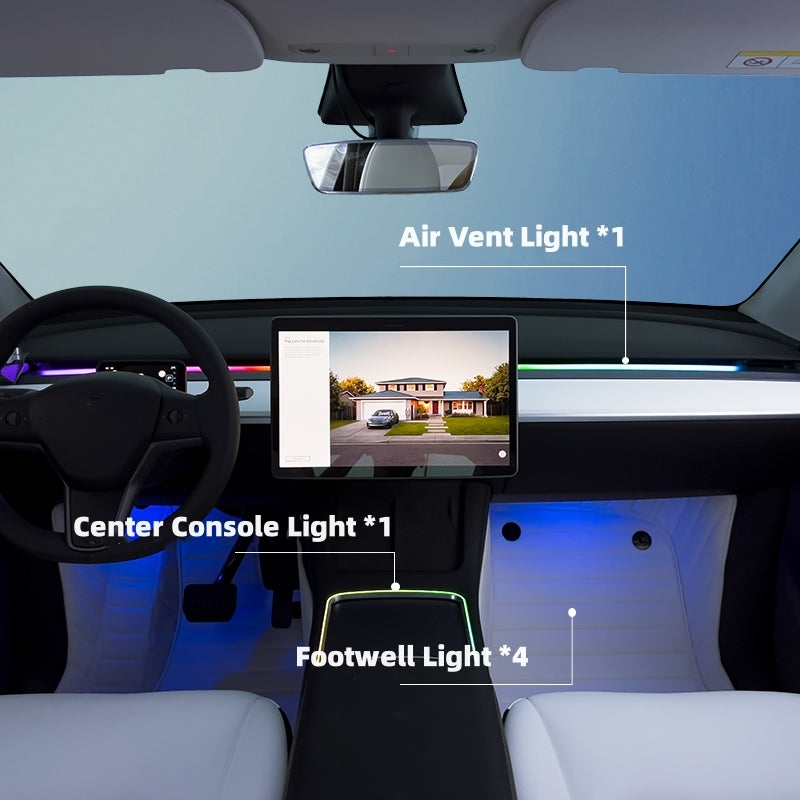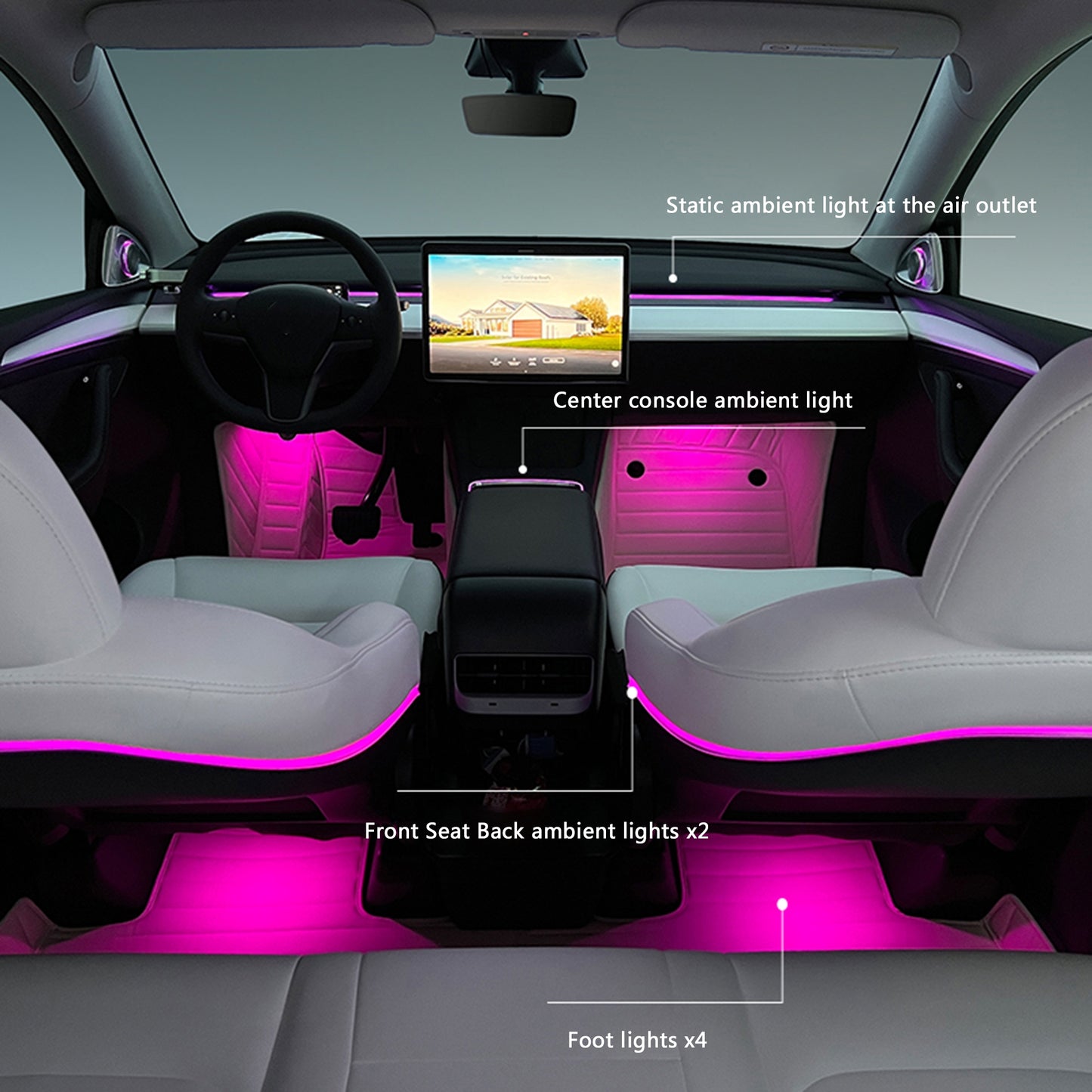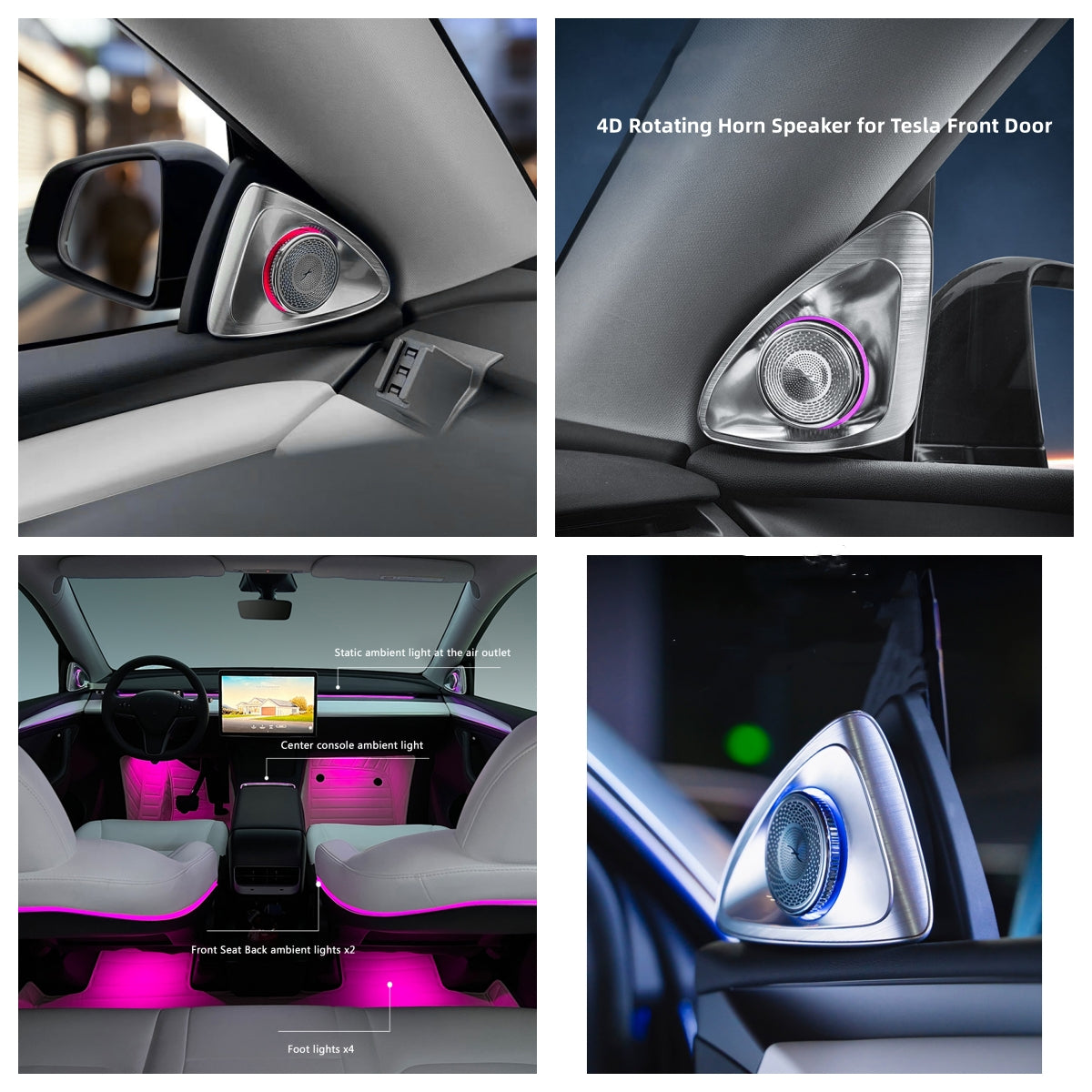
Tesla dirige su atención al mercado chino, ofreciendo vehículos más asequibles, ya que Elon Musk pospone su visita a la India
Resumen
En respuesta a la intensa competencia, Tesla Inc. ha reducido los precios de sus vehículos en China. Esta medida estratégica se produce después de que la empresa introdujera incentivos para atraer a los consumidores, en particular a la luz de la competencia de BYD. Mientras tanto, Elon Musk pospuso su visita a la India, donde Tesla pretendía explorar un nuevo mercado en medio de una caída de las ventas y de los precios de las acciones.
Según su sitio web oficial, Tesla Inc. ha reducido recientemente los precios de todos sus vehículos en China, una respuesta estratégica a la intensa competencia en la región. Mientras tanto, la visita prevista del director ejecutivo Elon Musk a la India, que podría haber abierto un nuevo mercado importante para la empresa, se ha pospuesto. Estas reducciones de precios en China reflejan medidas similares realizadas con los modelos Y, Model X y Model S en los Estados Unidos.
Tesla ha reducido el precio inicial del Model 3 renovado en China en 14.000 yuanes (1.930 dólares) hasta los 231.900 yuanes (32.000 dólares), como se muestra en su sitio web oficial este domingo. También se han aplicado reducciones comparables en otros modelos: el precio inicial del Model Y ahora es de 249.900 yuanes, mientras que el Model S estándar está en 684.900 yuanes y el Model S Plaid en 814.900 yuanes.
Además, el Model X estándar ahora se vende por 724.900 yuanes, mientras que su homólogo Plaid tiene un precio de 824.900 yuanes. Tesla también ha ajustado los precios en los Estados Unidos, incluidas reducciones de $ 2.000 para los vehículos Model Y, Model X y Model S, junto con una disminución en el costo de su software de asistencia al conductor Full Self-Driving de $ 12.000 a $ 8.000 a partir del sábado. La decisión de Tesla de reducir los precios en toda su gama de productos en China ha encendido una nueva ola de competencia de precios, lo que llevó a Li Auto Inc. a reaccionar rápidamente con descuentos y reembolsos en efectivo en sus últimos modelos. Li Auto ha anunciado recortes de precios que promedian alrededor del 6-7% en toda su línea.
Esta actualización llega poco después de que Tesla lanzara nuevos incentivos en el mercado automovilístico más grande del mundo para atraer a los consumidores. Estos incentivos incluían subsidios a los seguros, mientras el gigante estadounidense de los vehículos eléctricos se enzarzaba en una prolongada escaramuza de precios con rivales establecidos como la potencia automotriz china, BYD.
Ante la caída de la demanda y la intensificación de la competencia, Tesla redujo los precios de algunos vehículos Model 3 e Y en China en enero. Además, ofreció reembolsos en efectivo para ciertos Model Y a partir de febrero.
Mientras tanto, BYD, el principal competidor de Tesla en China, ya había reducido el precio inicial de una nueva versión de su SUV híbrido Song Pro en un 15,4%. Tras haber superado a Tesla como el principal fabricante de vehículos eléctricos del mundo en el cuarto trimestre, BYD respondió implementando descuentos aún mayores en varios modelos de automóviles nuevos en febrero.
El gigante estadounidense de vehículos eléctricos se enfrenta a desafíos como la escasa demanda y la feroz competencia en China, lo que ha provocado que las ventas del primer trimestre se desplomen muy por debajo de las expectativas del mercado. Las entregas globales de vehículos de Tesla sufrieron su primera caída en casi cuatro años durante este período.
Las altas tasas de interés han obstaculizado los esfuerzos de Tesla por actualizar sus modelos más antiguos, lo que ha reducido el entusiasmo de los consumidores por realizar compras más costosas. Mientras tanto, en China, el mercado automovilístico más grande del mundo, los competidores están lanzando alternativas más asequibles.
En respuesta a estos desafíos, Tesla ha anunciado una reducción significativa de su fuerza laboral, con el objetivo de recortar más del 10% de sus empleados como parte de las medidas de reducción de costos en medio de una creciente competencia y una disminución de las ventas.
Tesla se enfrenta a una competencia formidable a escala global, en particular por parte de los fabricantes chinos de automóviles eléctricos que inundan el mercado con vehículos cuyo precio es de apenas 10.000 dólares. A pesar de sus promesas anteriores, Tesla ha optado por no seguir adelante con la producción de un automóvil asequible, lo que ha decepcionado a los inversores que lo veían como un medio para ampliar el alcance de mercado de Tesla.
A lo largo de 2024, las acciones de Tesla Inc. han seguido cayendo, lo que ha llevado la valoración de la empresa por debajo de los 500.000 millones de dólares. Esta tendencia a la baja se produjo tras el reciente anuncio de recortes de puestos de trabajo, que puso nerviosos a los inversores.
La expectativa por la entrada de Tesla en el mercado indio aumentó a medida que Musk pospuso su visita a la India, que incluía una reunión prevista con el primer ministro Narendra Modi y conversaciones con funcionarios estatales sobre las posibles unidades de ensamblaje de vehículos eléctricos de Tesla. La reciente política de la India en materia de vehículos eléctricos, que incluye aranceles de importación reducidos, ha allanado el camino para que los fabricantes de automóviles extranjeros como Tesla exploren oportunidades en el país.
La inminente presencia de Tesla en la India marca un hito importante para la iniciativa Make-in-India, que refuerza el sector manufacturero del país junto con las recientes asociaciones con grandes marcas como Apple para la producción del iPhone. A pesar de enfrentarse a desafíos como la caída de las ventas y la incertidumbre de los inversores, Tesla ve a la India como un mercado prometedor en medio de sus esfuerzos de expansión global. Con una creciente preferencia por los SUV en el mercado automovilístico de la India, los vehículos eléctricos asequibles de Tesla tienen un inmenso potencial de crecimiento.
Tras la nueva política sobre vehículos eléctricos, han surgido preocupaciones sobre la creciente competencia de los fabricantes chinos de vehículos eléctricos. Sin embargo, las medidas del gobierno indio para regular las inversiones extranjeras hacen improbable que las empresas chinas dominen el mercado. Los informes indican que las empresas chinas, como BYD, han encontrado obstáculos en sus emprendimientos en la India debido al escrutinio gubernamental, lo que indica un entorno regulatorio que prioriza las inversiones sostenibles y responsables.



